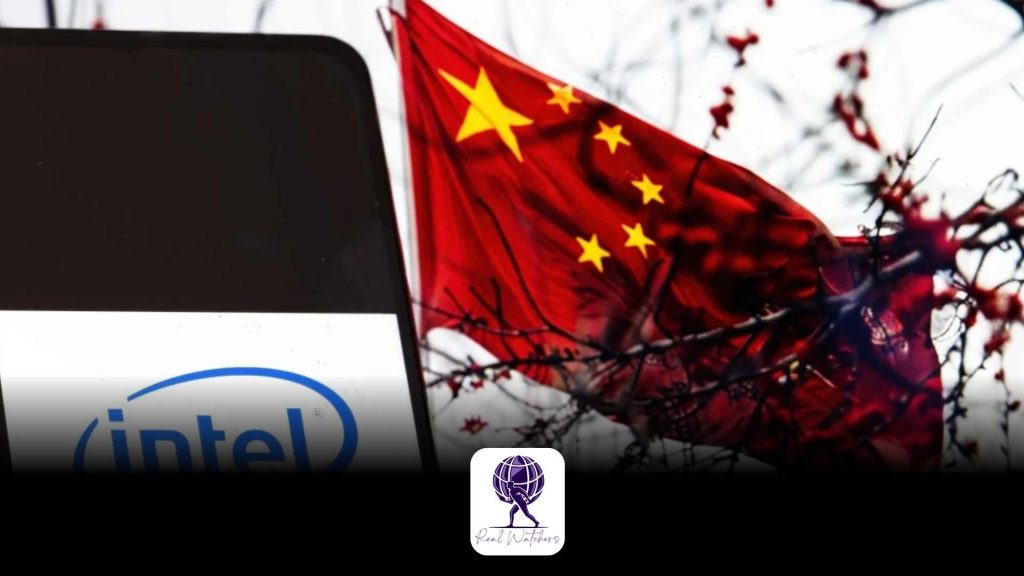The Cybersecurity Association of China (CSAC) announced on Wednesday that Intel products sold in China should undergo a security review. The association accused the US chipmaker of consistently jeopardizing the nation’s security and interests.
Although CSAC operates as an industry organization rather than a governmental entity, its strong connections to the Chinese state raise concerns. The numerous allegations against Intel (INTC), detailed in an extensive post on its official WeChat account, have the potential to prompt a security review by China’s influential cyberspace regulator, the Cyberspace Administration of China (CAC).
On Thursday, Intel’s China division emphasized its longstanding commitment to product safety and quality.
The company issued a statement on its official WeChat account, emphasizing its intention to keep open lines of communication with the relevant authorities, address any concerns, and reinforce its dedication to product safety and quality.
The CAC has yet to respond to the request for comment. On Wednesday, Intel’s shares declined 1.5%, reflecting a broader trend in the technology sector following an unsatisfactory report from chip equipment manufacturer ASML.
“A network security review of the products sold by Intel in China is advised to ensure the protection of the nation’s security and the rights and interests of Chinese consumers,” stated the CSAC.
In a significant move last year, the CAC prohibited domestic operators of critical infrastructure from purchasing products manufactured by US memory chipmaker Micron Technology Inc. (MU), citing the company’s failure to pass its network security review.
A forthcoming security review of Intel products may pose a threat to the company’s revenue streams, particularly given that more than 25% of its earnings were derived from China in the previous year.
Allegations of backdoor access
As China navigates a US-led initiative aimed at limiting its access to essential chipmaking equipment and components, the allegations arise amidst Washington’s claims that this effort seeks to impede the modernization of China’s military.
“The dynamics of US-China relations are precarious, and as discussions surrounding trade restrictions and tariffs intensify, the likelihood of reciprocal actions from the opposing side increases,” stated Dan Coatsworth, an investment analyst at AJ Bell.
CSAC has issued a statement alleging that Intel chips, particularly the Xeon processors utilized for artificial intelligence applications, possess multiple vulnerabilities. The organization asserts that Intel demonstrates significant flaws in product quality and security management, suggesting a highly irresponsible approach toward its customers.
An industry group has reported that operating systems integrated into all Intel processors are susceptible to backdoors established by the US National Security Agency (NSA).
“This presents a significant security risk to the critical information infrastructures of nations globally, including China … According to the CSAC, the utilization of Intel products presents a significant threat to national security.
A temporary ban on Intel products could exacerbate the already constrained supply of AI chips in the Chinese market. This market has faced challenges in identifying viable alternatives to the cutting-edge offerings from Nvidia, which currently holds a dominant position globally but is now prohibited from exporting to China.
Intel has reportedly obtained orders for its Xeon processors from multiple Chinese state-affiliated agencies for artificial intelligence applications, as revealed by a Reuters analysis of public tenders.








